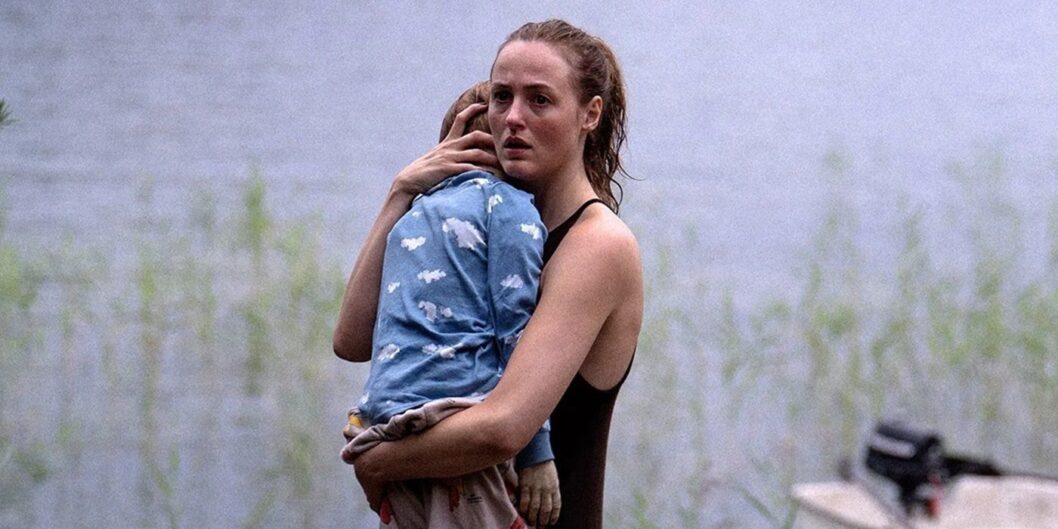Exploring Grief Through the Undead: A Deep Dive into Handling the Undead
The zombie genre has long been synonymous with horror, serving as a metaphor for societal issues ranging from consumerism to existential dread. However, the upcoming film Handling the Undead, based on a novel by John Ajvide Lindqvist, offers a compelling departure from traditional narratives. This film endeavors to tackle themes of love and loss, using the backdrop of the undead not as harbingers of apocalypse, but as a poignant exploration of mourning.
A New Take on Zombies
In Handling the Undead, the typical zombie narrative is subverted. Instead of an infectious plague, the reanimation of the dead serves as a vehicle for exploring deep-seated emotional themes related to death and grief. The film follows three families grappling with the return of their loved ones, giving the audience varied perspectives on how different people handle loss.
The central characters include Elias, a young boy who died tragically, Elisabet, an elderly woman whose partner Tora buried her just before the bizarre event, and Eva, a mother who perished in a car accident. Each family’s journey reflects their unique emotional landscapes, providing a spectrum of grief experiences that resonate deeply with viewers.
Distinct Yet Uneasy
The film showcases how each resurrected character embodies different aspects of life and death. While Elias appears unsettlingly decayed, Elisabet retains more of a human-quality appearance, showcasing the juxtaposition between age and the circumstances of their deaths. For instance, Elias’s lifeless form starkly contrasts with the other zombies, enhancing the eerie atmosphere that permeates the film.
The visual effects have been noted to elicit both discomfort and empathy, particularly in the portrayal of Elias. His haunting and lifeless visage raises questions about the nature of existence and the implications of clinging to the past. "His skin and limbs are gray and stiff with decay," underscoring the complexity of grief through the lens of the undead.
The Emotional Landscape of Grief
Rather than relying on conventional horror tropes, Handling the Undead focuses on the emotional and psychological journeys of the families. Anna, Elias’s mother, finds a painful yet poignant connection with her son, allowing her to confront her sorrow through engagement with his reanimated form. Her experience is somewhat redemptive, facilitating a process of acceptance that many in grief strive to achieve.
Conversely, Eva’s family endures a different battle. Witnessing her in a zombie state complicates their healing, delaying necessary confrontation with grief. Tora’s approach to Elisabet mirrors a desire to revert to the past, demonstrating the varied ways people cling to lost loved ones.
The contrasting outcomes of these families serve to illustrate that while grief is universal, the paths toward acceptance and understanding are unique. Anna ultimately helps herself through her willingness to say goodbye, encapsulating a potent message about the need for closure in the healing process.
Potential Impact and Reflection
Though it might not align with the expectations of traditional horror fans, Handling the Undead presents a thought-provoking exploration of grief that could encourage discussions around loss, love, and acceptance. As viewers navigate the emotional currents of the film, they are invited to consider their own experiences with loss.
While it may be easy to dismiss Handling the Undead as merely another addition to the zombie genre, its emotional depth and unique narrative style suggest it transcends typical boundaries. This film emphasizes the complexity of human emotions, affirming that zombies can indeed serve as more than mere symbols of fear—they can also be poignant reminders of the importance of letting go.
Directed by [Director’s Name], Handling the Undead promises to be a haunting family drama rather than a conventional horror film, inviting audiences to explore grief, loss, and the human experience through a distinctly fresh lens.
Viewers can catch this emotional journey when it releases on [Streaming Service/Release Date], presenting an opportunity to engage with a story that redefines the undead in a remarkably human context.









